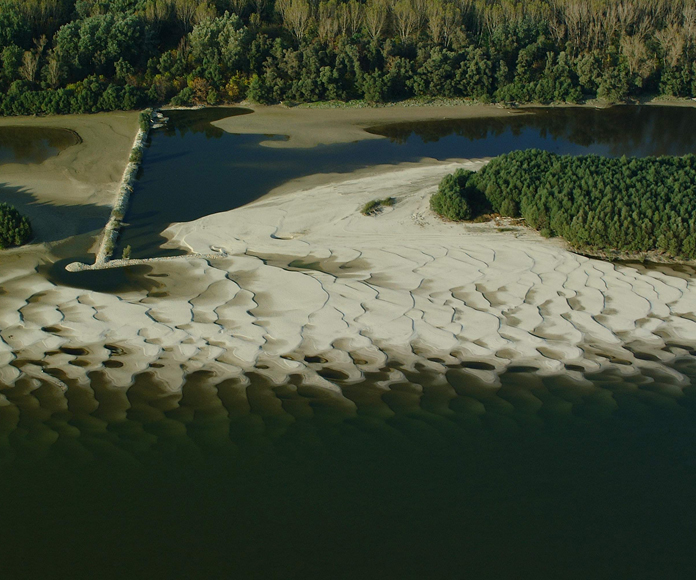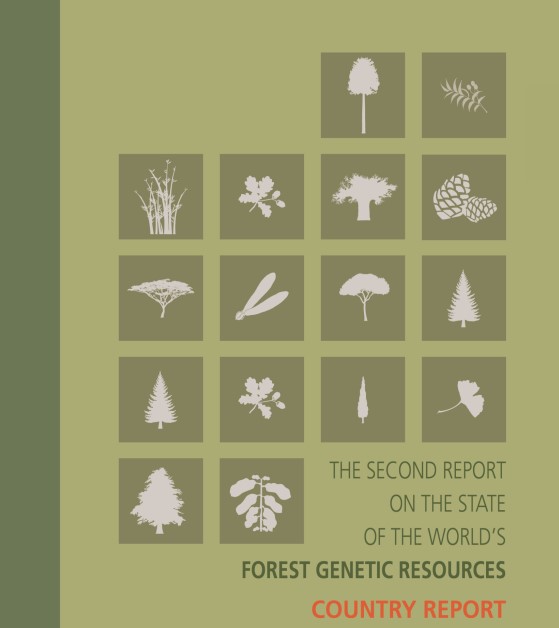
National coordinator
Mladen Ivanković
Quick Info
Letter of Agreement for Phase VII signed on 29 Oct 2024
Member since 1994
Letter of Agreement for Phase VII signed on 29 Oct 2024
Member since 1994The European Information System on Forest Genetic Resources (EUFGIS) provides geo-referenced and harmonized data on genetic conservation units of forest trees in Europe.
Conservation of genetic diversity of forest tree species in Croatia is based on maintaining sustainable forest management and conserving the structure of natural forest stands, currently making 95 % of the total woodland area.
Croatia is geographically very diverse and therefore its forests formed various ecological types sensitive to habitat degradation, air and water pollution, excessive use of certain more valuable species of forest trees, as well as other anthropogenic effects, increasing impact of global climatic changes. The majority of forests are state owned and managed by Croatian Forests Co., which are financing research conducted by Faculty of Forestry, University of Zagreb and Croatian Forestry Research Institute, within the Research Work Programme on Management and Conservation of forest genetic resources.
The genetic conservation of forest trees was initiated by the EUFORGEN programme started in 1994. The principles of genetic variability are incorporated in management of economically most utilized social broadleaves species (Quercus robur, Quercus petraea, Fagus sylvatica). Among the conifers, silver fir (Abies alba) is the most endangered species, with more than 70 % of its population being permanently damaged. Other native coniferous species must be preserved from a decrease in genetic variability as well. Conservation of the noble broadleaves should encompass a larger number of species from various genera (Fraxinus, Alnus, Ulmus, Prunus, Juglans, Castanea, Sorbus, Acer, Malus, Pyrus, Tilia). These are partially endangered because of their exposure to different diseases and pests, as well as by permanent exploitation due to their technical value.
Changes in hydrological conditions of main rivers have brought about difficulties in regeneration of the riparian forests, and decreased genetic variability of European black and white poplar (Populus nigra, P. alba) in their habitats. In Croatia's coastal areas, there is a need for conservation of genetic resources of Dalmatian black pine (P. nigra ssp. dalmatica) and Mediterranean oaks.
The Ministry of Agriculture is the administrative body responsible for the implementation of national forestry policy.
State-owned company Hrvatske šume d.o.o. (Croatian forests Ltd) has a mandate to manage the state-owned forests (about 80 % of forests) according to the principals declared in the official documents that have to be approved by the Ministry and the Government.
A part of the State-owned forests is situated within protected areas, such as national parks, nature parks, protected landscapes and park-forests, which are administrated by the Ministry of Environmental Protection, Physical Planning and Construction
Faculty of Forestry University of Zagreb is the only forestry higher institution in Croatia and together with the Croatian Forestry Institute, they continuously provide research and expertise to Croatian Forests Ltd on the conservation of the forest genetic resources.
Croatian Forestry Society
Croatian Chamber of Forestry and Wood industry engineers
Ministry of Culture, Directorate for Nature Protection

2007 State of the Environment Report Highlights | Download | |
Forest Reproductive Material and Conservation of Forest Genetic Resources in Croatiaby Davorin Kajba and Ivan Andrić. 2015 | Download |

Populus nigra Network: Report of the fourth meeting

Populus nigra Network: Report of the fifth meeting

Populus nigra Network: Report of the third meeting

Populus nigra Network: Report of the seventh and eighth meeting

Populus nigra Network: Report of the first meeting